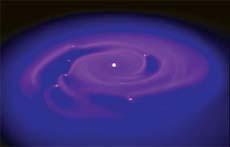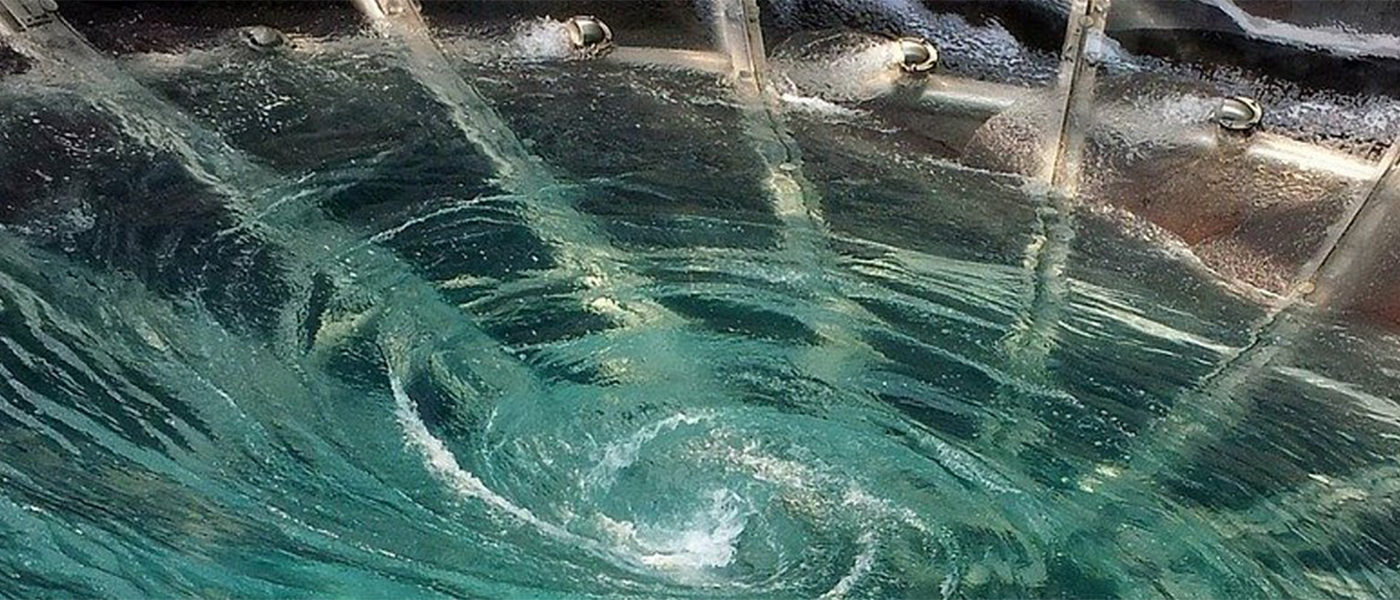Computational Physical Sciences
This area embraces research activities in which systems of interest are studied based on their mathematical models usually derived from the first principles, or certain reductions thereof. Researchers at McMaster University have been involved in such activities using a broad array of models: starting from systems of a few coupled Ordinary Differential Equations (ODEs), ranging from huge dynamical systems describing the behavior of large ensembles of interacting objects and to complex Partial Differential Equations (PDEs) describing the behavior of spatially-distributed systems. In most cases of practical interest such models have to be investigated using computational methods which can become extremely sophisticated in the case of more complex systems (such as nonlinear PDEs and large systems of ODEs). Such studies often engage enormous computational resources (such as provided, for example, by the SHARCNET consortium).
Fundamental mathematical tools are being developed for the study of ODEs and PDEs (Dr. Nedialkov, Dr. Pelinovsky, Premier Research Award Recipient, Dr. Qiao).
Application areas of computational modeling, simulation and analysis span a very broad range of scientific and engineering disciplines which include, but are not limited to:
- Quantum Mechanics (Dr. Sorensen, SHARCNET Chair)
- Computational Astrophysics (Dr. Wadsley, SHARCNET Chair, Early Researcher Award Recipient)
- Computational Fluid Dynamics (Dr. Kevlahan, Dr. Protas, SHARCNET Chair, Early Researcher Award recipient)
- Computational Photonic Optics (Dr. Pelinovsky, Premier Research Award recipient)
- Nuclear Safety Analysis (Dr. Luxat, NSERC/UNENE Industrial Research Chair)
- Molecular Dynamics (Dr. Bain, Dr. Dumont, Dr. Golding, Canada Research Chair)
- Tracking and information fusion (Dr. Kirubarajan, Canada Research Chair)
- Computational finance (Dr. Grasselli, SHARCNET Chair)
- Computational mechanics (Dr. Chidiac, Dr. Guo).
A distinguishing feature of these activities is that similar classes of mathematical and/or computational problems are studied by researchers working in different disciplines. This field will therefore serve as a common platform to bring these researchers together.
Information Box Group

Astrophysics
Simulation of planet information in a protoplanetary disk
(James Wadsley)

Fluid Dynamics
Simulation of vortices formed by flow around a cylinder
(Bartosz Protas)

Materials Science
Simulation of dendritic growth using an adaptive mesh
(Nikolas Provatas)

